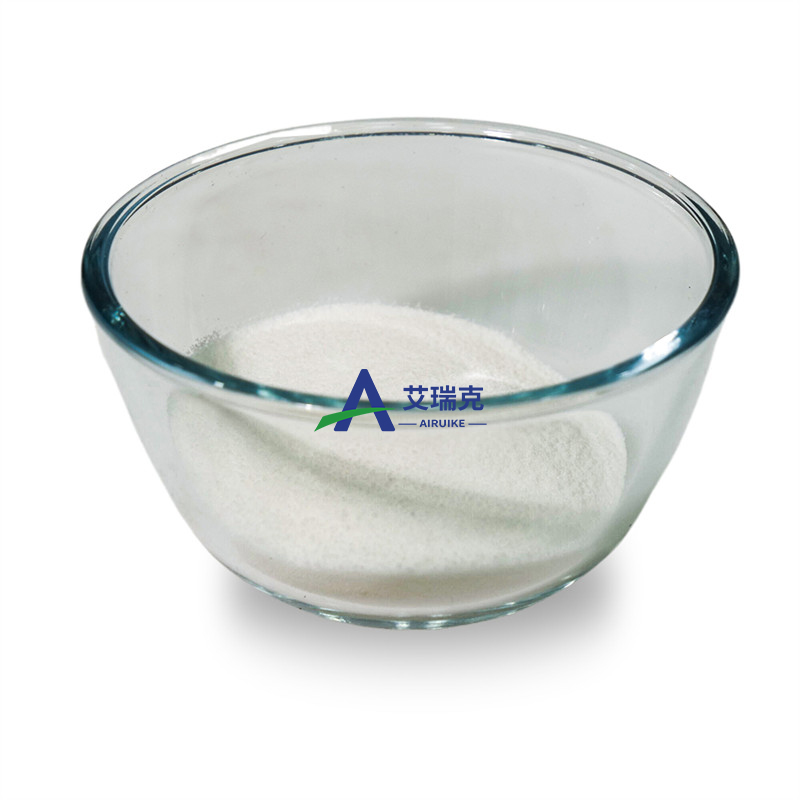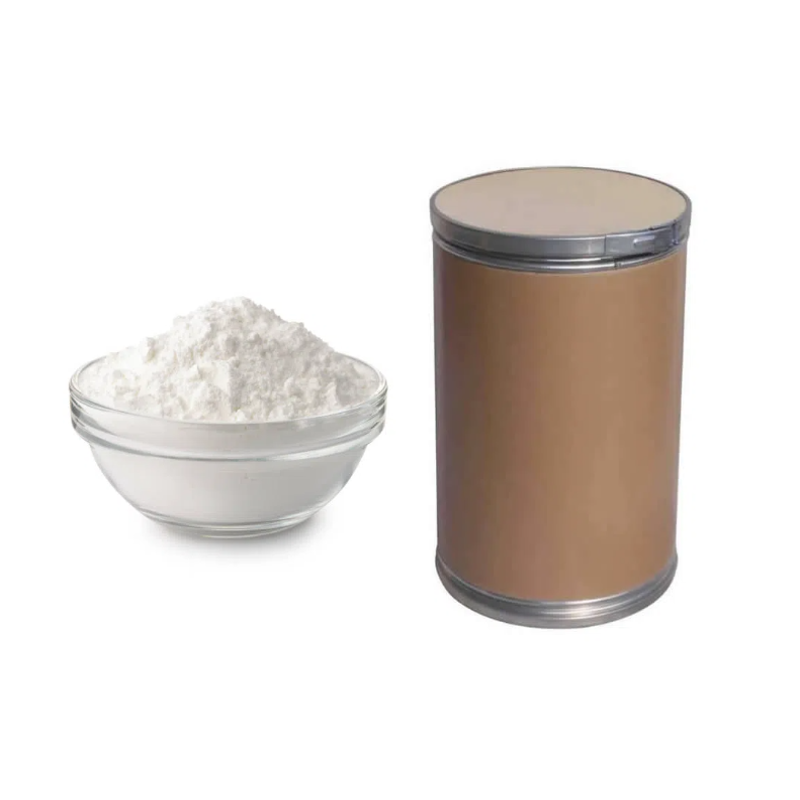-
Categories
-
Pharmaceutical Intermediates
-
Active Pharmaceutical Ingredients
-
Food Additives
- Industrial Coatings
- Agrochemicals
- Dyes and Pigments
- Surfactant
- Flavors and Fragrances
- Chemical Reagents
- Catalyst and Auxiliary
- Natural Products
- Inorganic Chemistry
-
Organic Chemistry
-
Biochemical Engineering
- Analytical Chemistry
-
Cosmetic Ingredient
- Water Treatment Chemical
-
Pharmaceutical Intermediates
Promotion
ECHEMI Mall
Wholesale
Weekly Price
Exhibition
News
-
Trade Service
Guide
The rapid development of diagnosis and treatment technology for advanced prostate cancer has prolonged
the survival of patients with metastatic castration-resistant prostate cancer (CRPC).
Overall survival (OS), as the most reliable endpoint indicator in clinical trial design, typically requires trial cycles of up to several years to obtain complete data
.
Therefore, it is necessary to find appropriate intermediate clinical endpoints to accelerate the evaluation
of the efficacy of new treatment options.
Previous studies have confirmed metastasis-free survival (MFS) in patients with localized prostate cancer as a valid surrogate endpoint for OS, but it will take a long time
to assess this endpoint.
Given this, the investigators hypothesized that CRPC-free survival (CRPC-FS) without androgen deprivation therapy (ADT) may be a potential intermediate clinical endpoint
for MFS in patients who have previously undergone radical prostatectomy (RP).
This study aimed to investigate whether progression to CRPC is a potential intermediate clinical endpoint
for the development of metastatic disease in patients who develop biochemical relapse (BCR) after receiving RP.
The study included 210 patients
from eight medical centers in the United States who developed biochemical recurrence after RP, prostate-specific antigen doubling time (PSADT) < 9 months, and no metastasis at the time of ADT.
The objective of the study was to assess the correlation between CRPC-FS and MFS, and the secondary objective was to assess the correlation<b11> between the time of metastasis and the time of CRPC occurrence.
Statistically, Kendall's Tau is used to test the correlation
.
The median MFS was 104 (95% CI 83-114) months and the median CRPC-FS was 100 (95% CI 80-114) months
.
Based on the Kaplan-Meier survival curve for all patients, MFS and CRPC-FS had the greatest difference when they achieved event-free survival of about 70 percent, with 61.
2 months for MFS versus 49.
6 months
for CRPC-FS.
Figure 1 Kaplan-Meier graph
There were significant positive correlations between CRPC-FS and MFS and between transfer occurrence time and CRPC occurrence time, with Kendall correlation coefficients of 0.
867 (95% CI 0.
765-0.
968) between CRPC-FS and MFS and Kendall correlation coefficients of 0.
764 (95% CI 0.
644-0.
884)
between transfer occurrence time and CRPC occurrence time.
Given the significant correlation between CRPC-FS and MFS, CRPC-FS may be a potential intermediate clinical endpoint in early clinical trials in BCR patients receiving ADT after topical therapy, with potential savings of up to approximately 12 months (or more) of follow-up
.
References:
Klaassen Z, Howard L, Wallis CJD, et al.
Is time to castration resistant prostate cancer a potential intermediate end-point for time to metastasis among men initiating androgen deprivation therapy for non-metastatic prostate cancer with rapid PSA doubling time (<9 months)? Prostate Cancer Prostatic Dis.
2022 Sep 1.
Editor: Mumu Wang
Review: LR
Execution: Wang Mumu
This platform aims to deliver more medical information
to healthcare professionals.
The content published on this platform cannot replace professional medical guidance in any way, nor should it be regarded as diagnosis and treatment advice
.
If such information is used for purposes other than understanding medical information, this platform does not assume relevant responsibilities
.
The content published by this platform does not mean that it agrees with its description and views
.
If copyright issues are involved, please contact us and we will deal with it
as soon as possible.







